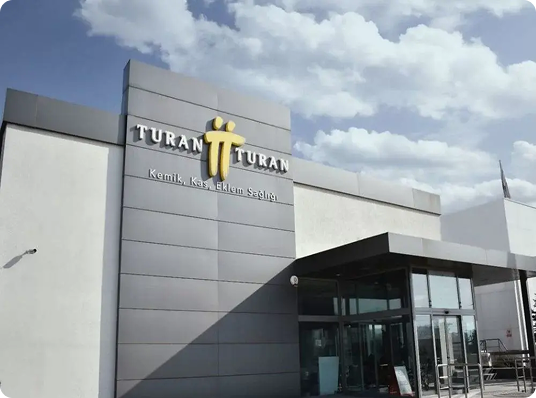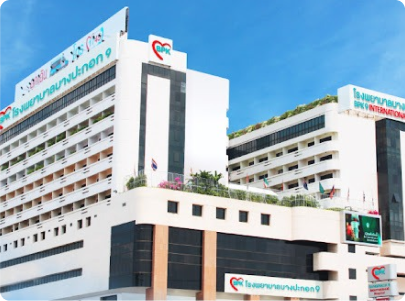Congenital Pyloric Stenosis
The Congenital Pyloric Stenosis is a cutting-edge medical intervention designed to diagnose, treat, or manage specific health conditions with a focus on improving patient longevity and quality of life.
Get Expert Consultation
Speak with our medical travel experts to get personalized guidance for your procedure
✓ No commitment required • ✓ Expert guidance • ✓ Free consultation

Book Your Free Medical Consultation
Get expert advice—free and easy. Just fill out the form to start your health journey!
Key-Insights for
Congenital Pyloric Stenosis
Procedure Time
typically takes around 30-60 minutes
Recovery Period
usually returns to normal activities within 1-2 weeks
Expected Results
normal digestion and elimination of waste
Ideal Candidates
infants under 6 months old with diagnosed congenital pyloric stenosis
Congenital Pyloric Stenosis
The Congenital Pyloric Stenosis is a cutting-edge medical intervention designed to diagnose, treat, or manage specific health conditions with a focus on improving patient longevity and quality of life.

People seek these procedures for various reasons:
Aesthetic Enhancement
Relieve persistent vomiting and associated discomfort
Corrective Purposes
Prevent dehydration and electrolyte imbalances
Functional Restoration
Restore normal feeding habits and prevent malnutrition
Things to Check Before Treatment
- •Consult with your primary care physician to confirm the diagnosis of congenital pyloric stenosis
- •Have any relevant medical records or test results readily available
- •Discuss any allergies or sensitivities you have, especially to anesthesia
- •Inform your surgeon about any medications you're currently taking
- •Get clearance from your insurance provider for the procedure
Potential Risks
- •Aspiration pneumonia due to inadequate clearance of secretions during surgery
- •Postoperative nausea and vomiting
- •Wound infection or scarring
- •Abdominal adhesions or scar tissue formation
- •Residual obstruction or narrowing of the pyloric channel
How to Choose the Right Country, Clinic, and Surgeon
Do's
Verify surgeon credentials (e.g. ISAPS, JPRAS)
Ask for before-after photos
Check language barriers
Review aftercare and follow-up options
Consider local laws on medical malpractice
Don'ts
Don't Choose a Clinic Based Only on Price
Don't Rely Solely on Social Media or Influencers
Don't Ignore Language Barriers
Don't Rush Into Surgery Without Research
Don't Assume You Can Fly Back Immediately
CureMeAbroad Services Are Absolutely Free.
You pay same rates for treatments as in the hospital's original price list.
CureMeAbroad Services Are Absolutely Free.
You pay same rates for treatments as in the hospital's original price list.


Book Your Free Medical Consultation
Get expert advice—free and easy. Just fill out the form to start your health journey!
Congenital Pyloric Stenosis
Frequently Asked Questions
This procedure involves specific medical techniques tailored to address particular health conditions. Your doctor will explain the detailed process based on your case.

Help Me Plan My Treatment Abroad
End to End Treatment Planning Specifically curated as per your need. Just a Call away


Help Me Plan My Treatment Abroad
End to End Treatment Planning Specifically curated as per your need. Just a Call away


Book Your Free Medical Consultation
Get expert advice—free and easy. Just fill out the form to start your health journey!



